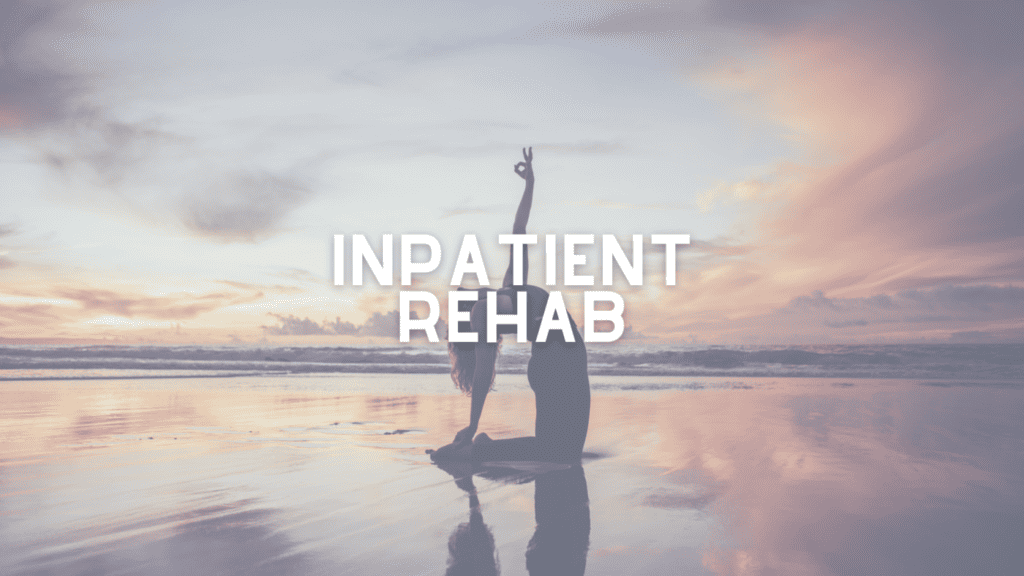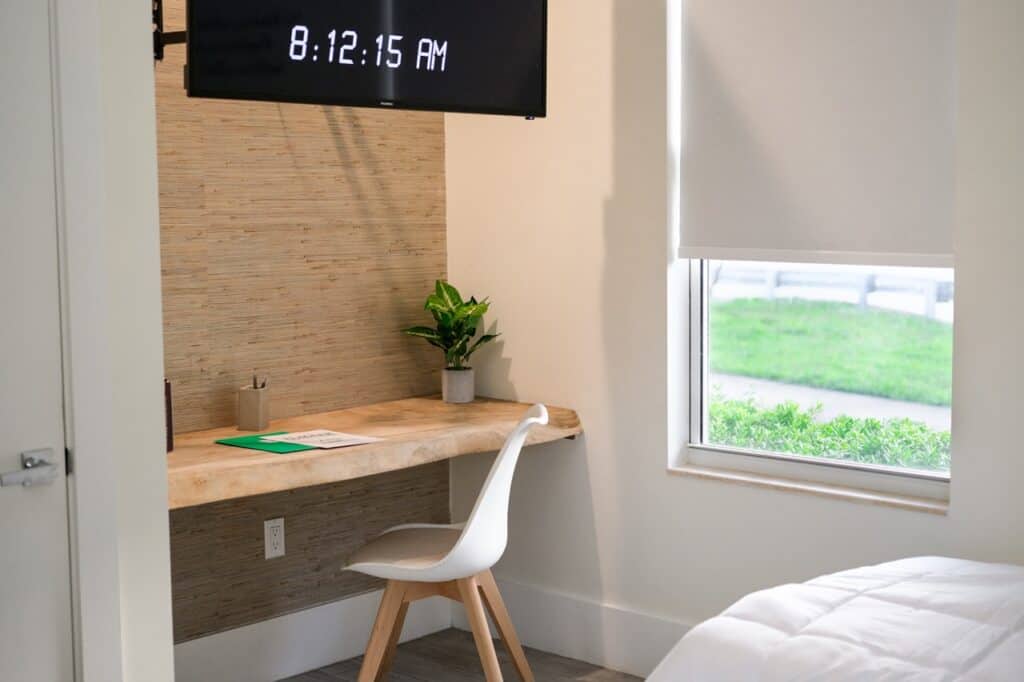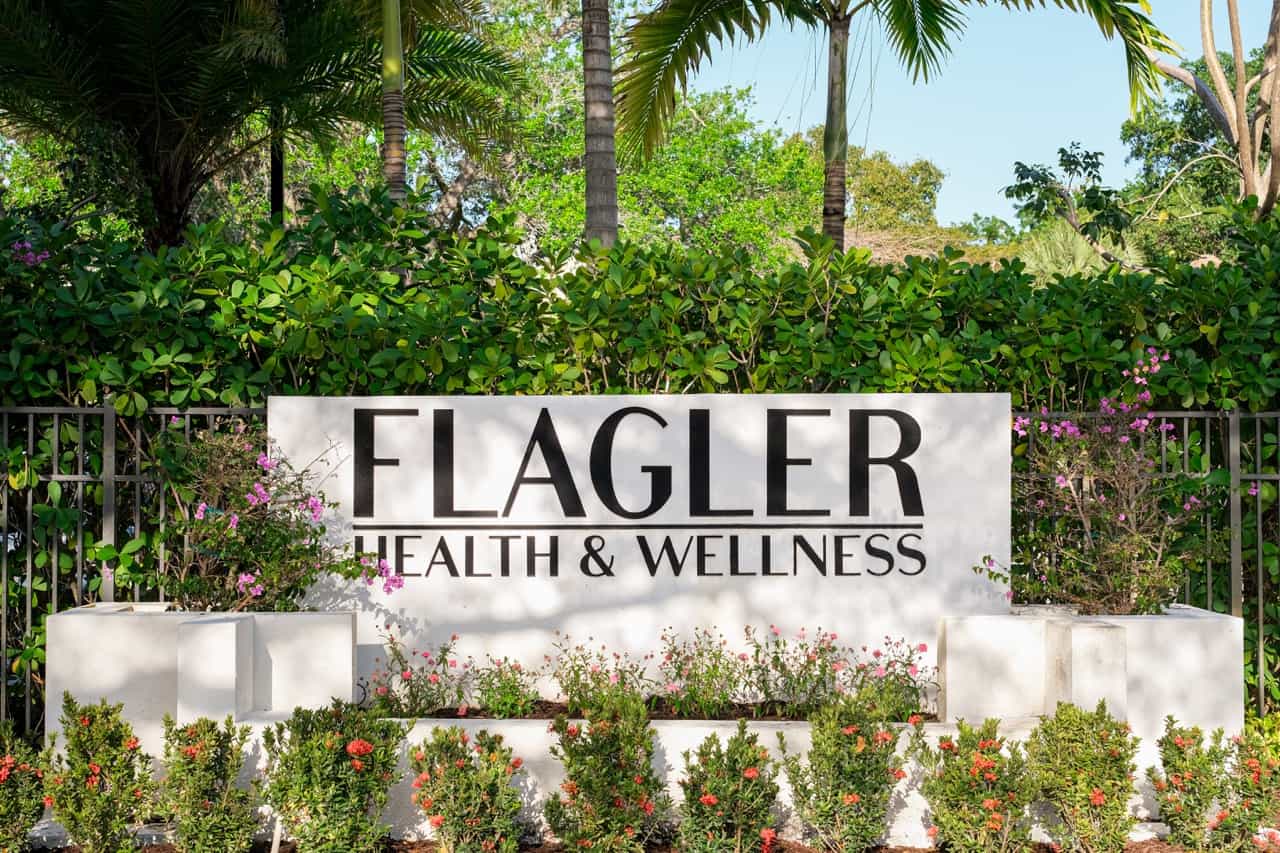Flagler Health and Wellness treatment programs are licensed on a state level to provide inpatient rehab for substance use disorder.
What is Inpatient Addiction Treatment?
Inpatient rehab for substance use disorder (drug and alcohol addiction) is an intensive level of care that typically occurs after medical detox and involves therapy, medication management, relapse prevention, and 24/7 medical monitoring. The treatment approaches taken and the level of care offered in residential rehab programs can vary, but almost all of them include different types of therapy, medical care, and other support services. Designed to help people with serious and complex addictions through the recovery process, residential treatment programs require patients to stay full-time at a particular rehabilitation and treatment center sometimes for as long as three months. During that time, patients address their substance use disorder and any co-occurring (Dual Diagnosis) behavioral health challenges or dual diagnoses with emotional, social, psychological, and medical support from trained addiction staff.

What Is Drug and Alcohol Rehab Like?
Beginning a journey toward recovery can be daunting, with many individuals harboring concerns about the experience of rehabilitation. At Flagler Health And Wellness, we aim to alleviate those fears by providing a comforting, welcoming, and therapeutic environment for recovery.
Every day at Flagler Health And Wellness is deliberately planned around promoting your overall well-being and sobriety. The process begins with the establishment of new daily routines that concentrate on your health, allowing you to navigate the daily stresses of life without the crutch of drugs or alcohol.
Substance abuse can often lead to poor self-care habits, such as irregular sleep patterns, self-esteem issues, personal grooming and hygiene negligence, and unhealthy dietary habits. At Flagler Health And Wellness, we strive to guide you in forming healthier routines for a sober lifestyle. These routines may focus on counseling, group meetings, and most importantly, nurturing better self-care habits to elevate your confidence as you heal.
We emphasize providing access to wholesome meals, aiding your body in healing from the impact of substance abuse. Nutritious eating can rectify vitamin deficiencies while enhancing your overall physical health. Regular meal times also help establish a routine of self-care, potentially reducing the severity of some withdrawal symptoms.
Our addiction treatment professionals will collaborate with you to develop a treatment program uniquely suited to your recovery needs. Some patients may require behavioral health programs, while others may benefit more from family therapy. Our counselors are always on hand to offer support and guidance, helping you identify and recognize your specific addiction triggers and addressing the underlying psychological factors behind addictive behaviors.
During early recovery, you’re likely to experience cravings and urges to revert to previous addictive patterns. Managing these cravings is a critical part of your rehabilitation program. At Flagler Health And Wellness, we explore new methods to manage cravings, alleviate feelings of anxiety, reduce stress, and find relaxation through healthy coping mechanisms. Some of the alternative therapies we use include mindfulness meditation, therapeutic massage, yoga classes, and fitness programs.
Taking part in a fitness program or initiating an exercise regimen can be an excellent way to release endorphins, improving your physical health and endurance simultaneously. On the other hand, engaging in a yoga class can foster relaxation, improve flexibility, and boost your overall physical and emotional health.
Choosing Flagler Health And Wellness means choosing a path to recovery that is not just about overcoming addiction, but also about adopting a healthier lifestyle, improving your self-esteem, and rediscovering your love for life.
Who Should Attend Inpatient Rehab For Substance Use Disorder?
Inpatient rehab for Substance Use Disorder (SUD) is an intensive, residential treatment program designed to help individuals struggling with addiction to drugs or alcohol. But who is the ideal candidate for this type of program? Here are the key categories of individuals who should consider inpatient rehab for SUD:
- Individuals with severe SUD: If you have been diagnosed with severe substance use disorder, inpatient rehab can provide the comprehensive care and constant supervision needed for recovery. This is particularly crucial during the initial detox phase, which can often involve painful or potentially dangerous withdrawal symptoms.
- Individuals who have relapsed: If you have attempted recovery before and have relapsed, an inpatient treatment program may provide the structure and intensity of care needed to maintain long-term sobriety. This can be especially true if previous attempts at recovery involved less intensive outpatient programs.
- Individuals with co-occurring disorders: If you have a mental health condition in addition to SUD, such as depression, anxiety, or post-traumatic stress disorder (PTSD), inpatient rehab facilities that offer integrated treatment for dual diagnosis can provide the specialized care you need.
- Individuals who lack a supportive or stable home environment: Inpatient rehab provides a safe, substance-free environment that can be beneficial if your home environment is unstable, unsupportive, or full of triggers that could lead to relapse.
- Individuals who have not been successful with outpatient treatment: If you’ve tried outpatient treatment and found that it was not enough to maintain sobriety, inpatient rehab, with its more intensive and comprehensive approach, may be more effective.
- Individuals with a long history of substance abuse: If you have been using substances for many years, you may require the more intensive intervention of inpatient treatment to break the cycle of addiction.
Remember, it is crucial to consult with healthcare professionals or addiction specialists to determine the most appropriate treatment program for your unique situation and needs. Everyone’s journey with addiction is different, and what works best will depend on a variety of personal factors, including the substance being misused, the severity of the addiction, any co-occurring mental health disorders, and personal circumstances.
The Benefits of Inpatient Treatment
Both inpatient and outpatient treatment programs offer different benefits and serve different types of patients with different types of needs. Inpatient drug and alcohol treatment programs generally offer the following benefits:
- Residential treatment programs provide safety and aim to keep patients as comfortable as possible during detox and withdrawal.
- Inpatient alcohol treatment and drug rehab centers have a higher success rate than outpatient programs.
- Inpatient rehabilitation programs provide 24-hour support.
- Inpatient addiction treatment programs operate outside of the stressors of daily life and work, so patients can really focus.
- The community bonds formed between patients in alcohol inpatient and inpatient drug treatment programs can also be very beneficial in recovery.
- Inpatient treatment facilities also often provide help and resources, such as aftercare or a sober living house, to reduce stress when it’s time to transition back into “normal” life.
How long is a treatment stay? Do we offer any shorter lengths of stay?
Treatment stays may last anywhere from 2 weeks to several months throughout the entire treatment experience based on the individual needs of each patient.
Types of Addiction Best Treated With Inpatient Care
Inpatient drug rehabilitation facilities serve best those patients who are struggling to manage symptoms and cravings in outpatient care, have made efforts at rehabilitation before and been unsuccessful, or who have complex addictions. Inpatient drug and alcohol rehab may also be the best choice for patients who need Medication-Assisted Treatment (MAT) for opioid addiction. While some outpatient programs include medication-assisted therapy, for many patients in need of Medication-Assisted Treatment — especially if they’re undergoing medical detox for alcohol or benzodiazepines — a residential program is ideal.
Drug And Alcohol Rehab In West Palm Beach Florida
If you are looking for help in West Palm Beach, Flagler Health & Wellness is here for you!
Flagler Health and Wellness
1803 S Australian Ave, West Palm Beach, FL 33409




